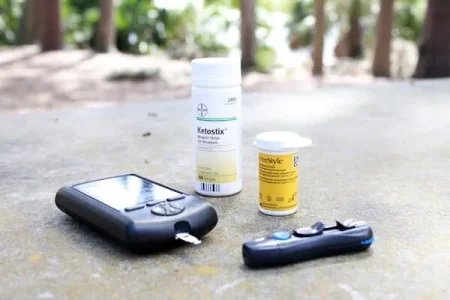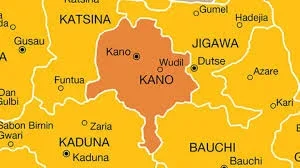
Over six million Nigerians with diabetes are at risk due to rising healthcare costs. Economic challenges, including fuel subsidy removal and foreign exchange issues, have made insulin and treatment unaffordable for many. The Diabetes Association of Nigeria calls for government intervention to reduce costs and provide urgent support.
According to the Daily Post, over six million Nigerians living with diabetes are facing severe challenges due to the escalating costs of healthcare. The country’s ongoing economic issues, including the removal of fuel subsidies and a foreign exchange crisis, have had a detrimental impact on the healthcare sector. As a result, the cost of essential diabetes treatment has risen sharply, leaving many individuals unable to afford insulin and other necessary care.
On November 14, the Diabetes Association of Nigeria (DAN) raised alarm, revealing that approximately 30,000 to 40,000 Nigerians die annually from complications related to diabetes, largely due to the inability to access proper care. Dr. Ejiofor Ugwu, the National President of DAN, shared that an estimated 6-8 million Nigerians are living with diabetes, with two-thirds of cases going undiagnosed due to insufficient screening efforts.
The situation is dire for those managing the condition. Patients like Mrs. Maria (name withheld), who spoke with Daily Post, expressed how her condition has worsened as she can no longer afford insulin and the healthy foods required to manage her diabetes. The cost of insulin has risen by almost 400 percent in recent months, making it impossible for many to continue their treatment.
Another patient, Mr. Andrew Onah, shared his tragic experience of losing a leg after he could no longer afford the proper care. Both patients and medical professionals are calling on the government to urgently intervene and provide affordable healthcare solutions for those affected.
The Diabetes Association is urging the government to subsidize diabetes care, implement tax waivers for the importation of insulin, and conduct a nationwide survey to gather data that will guide health policy decisions.




